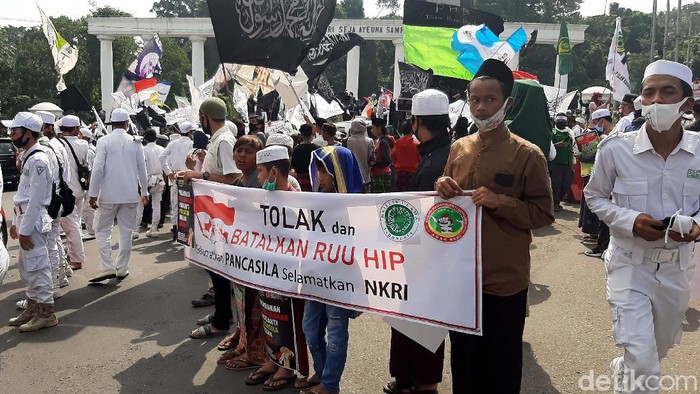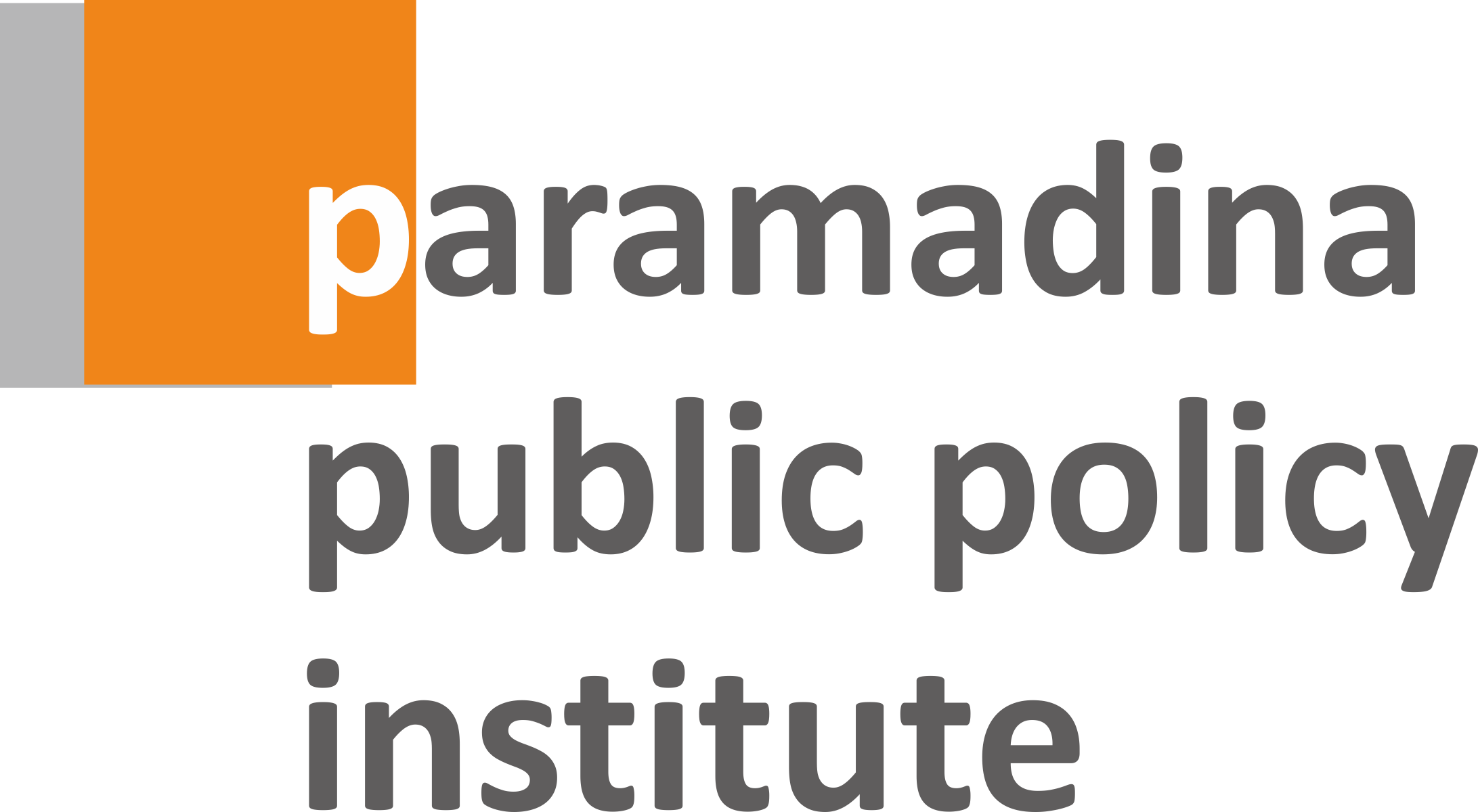
Paramadina Public Policy Review – August 28, 2020
The Indonesian public is relieved by the reading postponement of the Pancasila Ideology Bill, well-known as Haluan Ideologi Pancasila or HIP Bill. The inclusion of the bill in the 2020 National Legislation Program could be procedurally acceptable. But contextually and fundamentally, these efforts deserve public criticism.
As a national ideology, which is commonly dubbed as dasar negara or the foundation of the state, Pancasila will continue to be contested regarding its meaning and implementation. Pancasila cannot suddenly “live” and is believed by the public. It needs a government engine to make it present in the form of public policies to prosper society.
In the era of President Sukarno, Pancasila, which he himself initiated, lived side by side in the ideology of nationalism, religion, and communism. Pancasila was then closely associated with authoritarianism, anti-communism, militarism, and the centralization of development and politics in the era of President Suharto.
Pancasila has now become more democratic, colorful, and has an open meaning in this Reformasi era. The multicultural and multidimensional Indonesian people have ample opportunity to determine the importance of Pancasila for them.
On behalf of Pancasila, anyone today, in general, can express their opinions. As long as they meet the specified administrative requirements, for example, in this Reformasi era, anyone can establish an organization, both social and political.
Multicultural Pancasila
The recent HIP bill, unfortunately, seems to want to lock Pancasila into a static dogma. This initiative contradicts the current, inclusive, and contextual Pancasila journey. In an archipelagic, multicultural, and politically and economically developing Indonesia, the fluidity of the interpretation of Pancasila is a necessity.
According to Prof. Kuntowijoyo, it needs consistency, coherence, and correspondence to interpret Pancasila as a state ideology (2001). This perspective reflects that Pancasila is present to accommodate Indonesia’s pluralism and, at the same time, rejects ideas that do not fit the character of the Indonesian people, such as communism.
In this perspective, the simplification of Pancasila into tri or ekasila, as proposed in the HIP Bill, is an inconsistency, which may lead to communism. That creating centralization and political and economic oligarchy are against Pancasila’s correspondence with its values.
Therefore, Pancasila cannot manifest in procrustean or one-size-fits-all public policies. Bringing Pancasila into a concrete policy that made the people of Indonesia prosperous in accordance with their regional cultures and characters is an urgent matter rather than curbing it in a strict and dogmatic legal framework.
Of course, reviving Pancasila through real policies will undoubtedly drain the government’s energy. However, without impactful policies, tinkering with Pancasila as a doctrine through the HIP Bill is of no benefit and only results in criticism and polemics.
On the issue of separatism in Papua Province, for example, the government quickly labeled those who disagree with the central policy as pre-separation, so they are not for Pancasila. Unfortunately, what the public has protested about the Papuan issues, such as the lack of access to schools and adequate and quality health services in Papua, are facts.
Despite the massive development of infrastructure there, Papua is still the most impoverished region in Indonesia (BPS, 2019). If so, it is understandable why there are still people, in Papua in particular, who are uncertain about their Indonesian identity, because Pancasila has not yet been present to realize prosperity there.
Real-World Public Policy
Therefore, Pancasila needs to be present to enable collaboration between the central and the regional governments and the people to determine what are the best policies for them. On economic issues, for example, the government needs to present Pancasila through policies such as community empowerment and job opportunities to the fullest in various regions according to their respective potentials.
The presence of Pancasila in Java, for example, needs to embody in a policy of empowering farmers to make optimal use of existing agricultural lands. While in Papua, Pancasila must be present in forest preservation and sustainability policies for the welfare of the people there.
It seems unfair if the government limits people’s understanding of Pancasila, while social problems have not been resolved. During the current Covid-19 pandemic, for example, almost all countries, including Indonesia faced uncertainty in the policy delivery of education, disruption of health services, and rising unemployment and poverty. The energy of high-level state institutions, i.e., Parliament and the President, should be focused on dealing with these problems rather than creating polemics over the HIP bill.
In other issues, such as terrorism, the government often delivers narratives that terrorists are against the constitution and Pancasila. The narrative that terrorists are anti-Pancasila is certainly not wrong. However, the government should also make Pancasila as a spirit of collaboration across departments and elements of society to deliver quality character education policies. The goal is to intervene in the regeneration of terrorists early on.
At present, let alone improving the quality of education, the policies to improve the quality and welfare of our teachers are still not optimal. The student dropout rate is also still worrying.
Therefore, Pancasila needs to be manifested in policies that ensure that Indonesia’s young generation has the opportunity to participate in advancing the country armed with character education and working in the jobs that have been provided by the government.
Pancasila needs to leapfrog dogmatic debates. Pancasila needs to be present in the formulation and implementation of public policies that can intervene in the supply flow of social problems, such as poverty, unemployment, and school dropouts.
Memorizing Pancasila is not difficult because it is indeed short in text. Therefore, the life and death of Pancasila does not depend on how many people have memorized the precepts, but on how the ruling government can present it in public policies that bring prosperity to the people. Sharp public criticism of the HIP bill is proof that fundamentally, Pancasila needs to be present in reality, not dogma. (*)
Muhamad Rosyid Jazuli, MPP researcher at Paramadina Public Policy Institute
This column was first published on Detikcom, 16 July 2020
